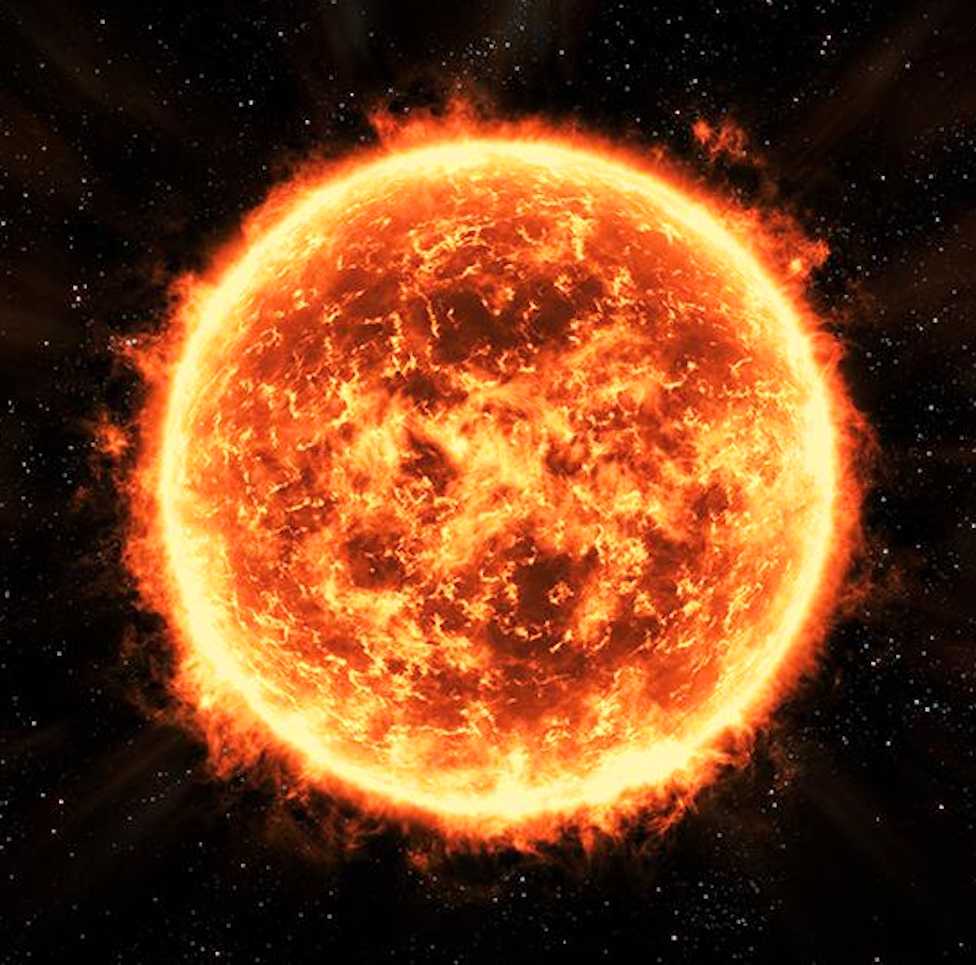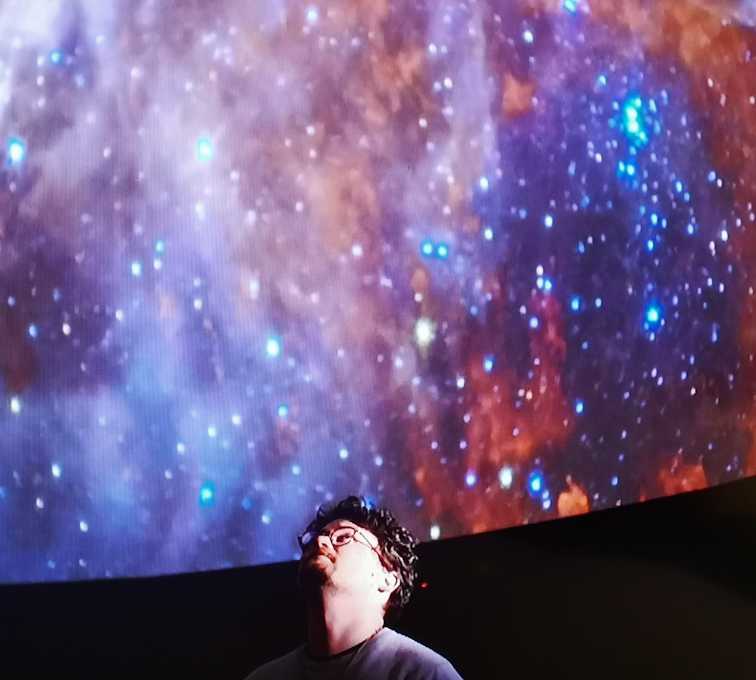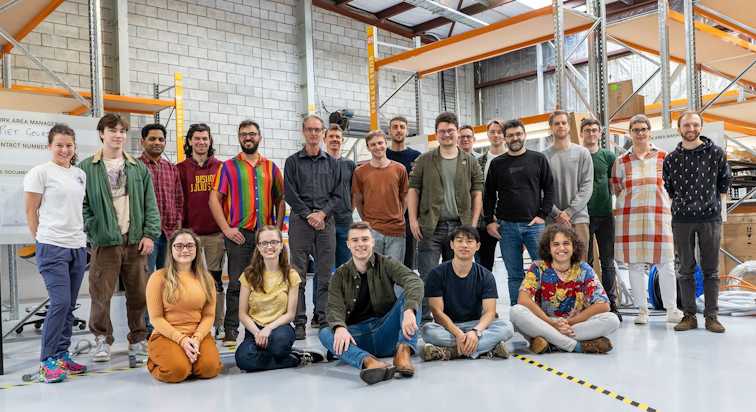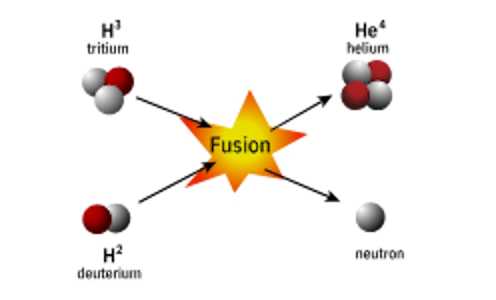
August 2023

There is a worldwide race underway to develop repeatable and economically viable technology to produce fusion reaction energy. The significance of such technology would be humongous for the world and particularly New Zealand in terms of its drive to achieve 100% renewable electricity generation. The trick appears to be to produce more energy than was required to create it.

Open Star Technologies Ltd was formed in 2021 by Dr Ratu Mataira, a thirty one year old alumnus of the Robinson Research Institute at Victoria University of Wellington where he was awarded a doctorate in Applied Superconductivity, specialising in No-Insulation HTS Coils and Superconducting Power Supply Technologies.
In the intervening period OpenStar has recruited a team of more than twenty eight highly specialised scientists who operated out of a purpose built facility in an industrial park in Wellington, New Zealand where they are conducting research and development of their version of a potential Nuclear Fusion process.

Some of the OpenStar team
The company has recently finalised a NZ$10m seed-round led by Outset Ventures in conjunction with Icehouse Ventures, Blackbird, Radar, Ngāi Tahu Holdings, K1W1, and Aspire (NZ Govt) which is available for draw-down over an 18-month timeline. Having regard to the prospect of a Series A capital raise and beyond, OpenStar Technologies will require the investment of hundreds of millions or possibly billions of dollars of capital into the foreseeable future. Under usual circumstances, a startup company may attract investment of $100k - $500k at pre-seed level. OpenStar’s NZ$10m is obviously a very significant indication of confidence by investors. In terms of New Zealand expertise and raw potential, OpenStar has been described as up there with the likes of Peter Beck’s Rocket Lab.
For the non-scientific among us; Nuclear Fusion is the opposite of Nuclear Fission and the technology does not risk melt-down or produce problematic radiocative byproduct.

Fission: (as with Atom Bombs etc) requires a heavy atom, usually Uranium or Plutonium to be split into two or more smaller nuclei.
Fusion: In very basic terms, two light Hydrogen atoms combine to make Helium, a heavier atom which generates a huge amount of energy. The problematic part of the process is that Hydrogen nuclei repel against each other causing them to move extremely rapidly within a small and very hot space and to come into contact which generates much energy and heat. Fusion energy is that which emanates from the sun and other stars.
Rejigit applauds the work of OpenStar and looks forward to more exciting news.